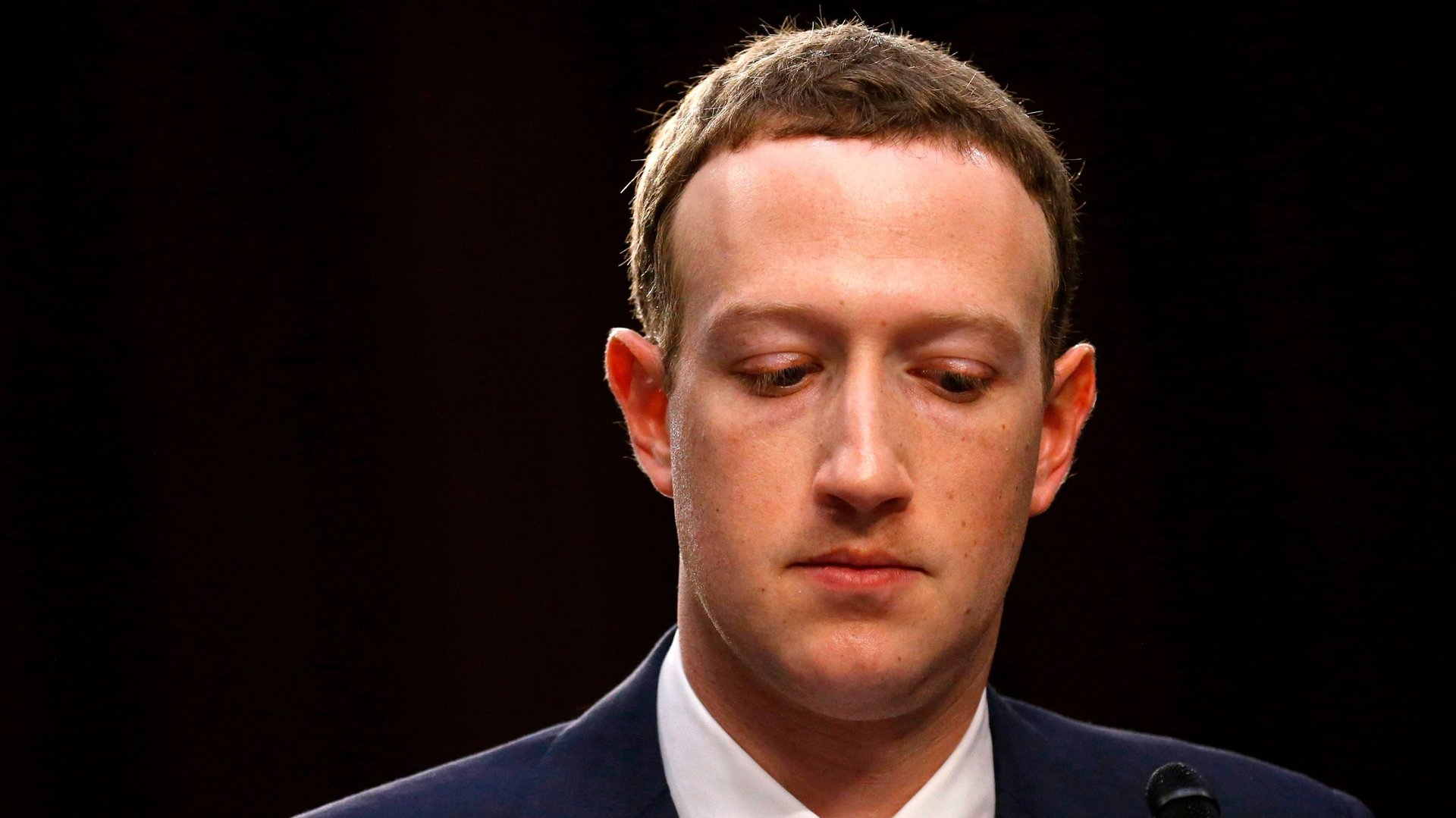Mark Zuckerberg pressured a Facebook executive to conceal his support of Trump: report
Exactly what happened between Facebook and Palmer Luckey, the co-founder of virtual-reality company Oculus, which Facebook bought in 2014, has been the subject of speculation since Luckey left the company last year.


Exactly what happened between Facebook and Palmer Luckey, the co-founder of virtual-reality company Oculus, which Facebook bought in 2014, has been the subject of speculation since Luckey left the company last year.
In September 2016, just before the US presidential election, the Daily Beast revealed that Luckey had donated $10,000 to Nimble America, a pro-Donald Trump meme factory that often attacked Hillary Clinton. In a statement following the report, Luckey said, “I am deeply sorry that my actions are negatively impacting the perception of Oculus and its partners.” He added that he was a libertarian and supported that party’s candidate, Gary Johnson. Six months later, he left Facebook.
Facebook and Mark Zuckerberg, its founder and CEO, have maintained that Luckey’s political views were not the reason for his departure. A report by the Wall Street Journal (paywall) found that Luckey was, however, pressured to hide his support of Trump in the fall of 2016, and urged to publicly back Johnson instead. The Journal reviewed internal Facebook emails from the company’s deputy general counsel, Paul Grewal, to a lawyer for Luckey that indicate Zuckerberg himself drafted Luckey’s apology statement.
The Journal spoke with people familiar with the matter who say the revelation that Luckey supported Trump upset a number of people inside Facebook and more broadly in Silicon Valley. Luckey was first put on leave and then ultimately fired, and the emails viewed by the Journal suggest top executives at Facebook, including Zuckerberg, discussed the situation.
In an emailed statement, Facebook said details about specific personnel are kept strictly confidential. “This is our policy for all employees, no matter their seniority,” it said. “But we can say unequivocally that Palmer’s departure was not due to his political views.”
Regarding the Journal’s report that Zuckerberg pressured Luckey to conceal his backing of Trump and to assert his support of Johnson instead, it added, “This was a small part of a longer exchange with Palmer as he was writing his statement. We always made it clear that any mention of politics was up to Palmer, and we did not pressure him to say something that wasn’t factual or true.”
Zuckerberg himself said Luckey’s views weren’t involved in his leaving during his testimony to the US Congress earlier this year. He had been summoned to discuss his company’s role in data privacy and the spread of Russian disinformation, and also fielded questions about his company’s own political bias. He said he understood why he was getting the questions, acknowledging that Silicon Valley is an “extremely left-leaning place.” But, he added, “this is actually a concern that I have and that I try to root out in the company, is making sure that we do not have any bias in the work that we do.”
Luckey himself has never stated publicly that his political views or any pressure he faced over them were the reason he left the company. Though at Vanity Fair’s New Establishment Summit last month, he told CNBC’s Andrew Ross Sorkin, “I can’t talk about it too much, but I’ll say that it wasn’t my choice to leave.”